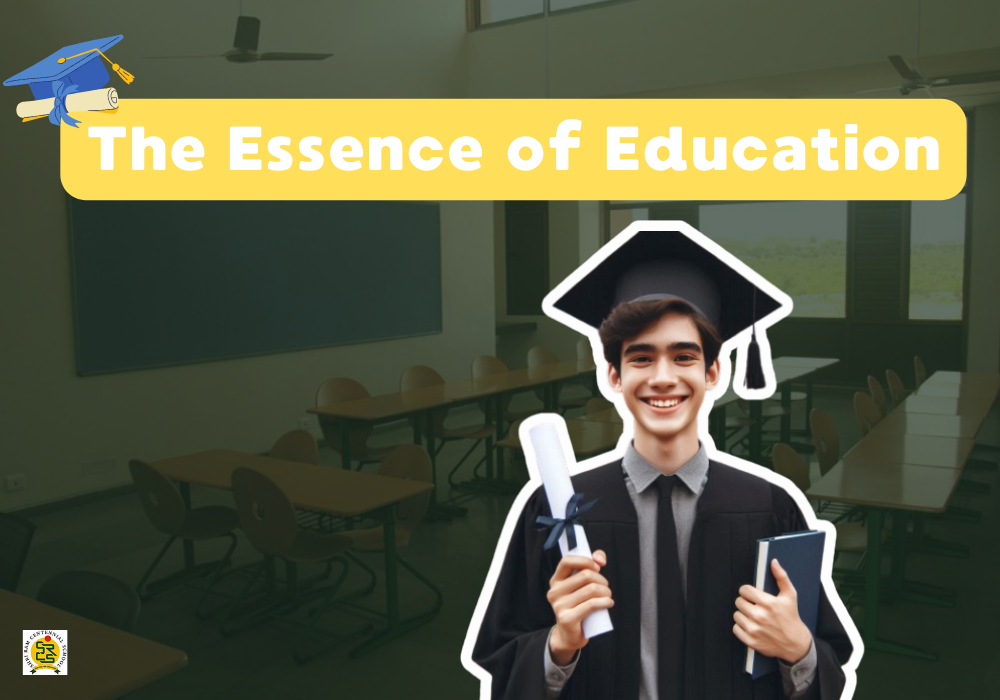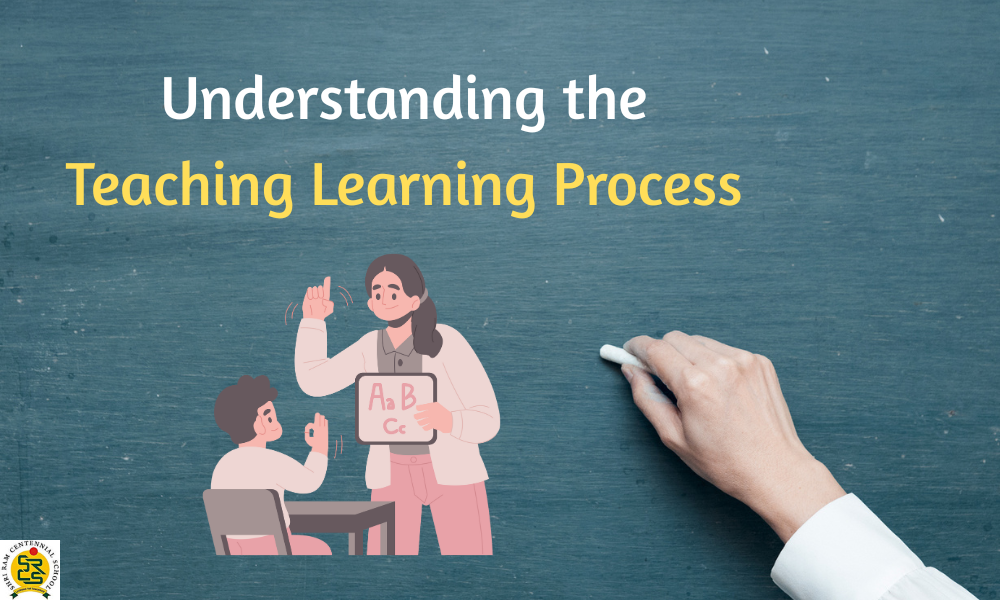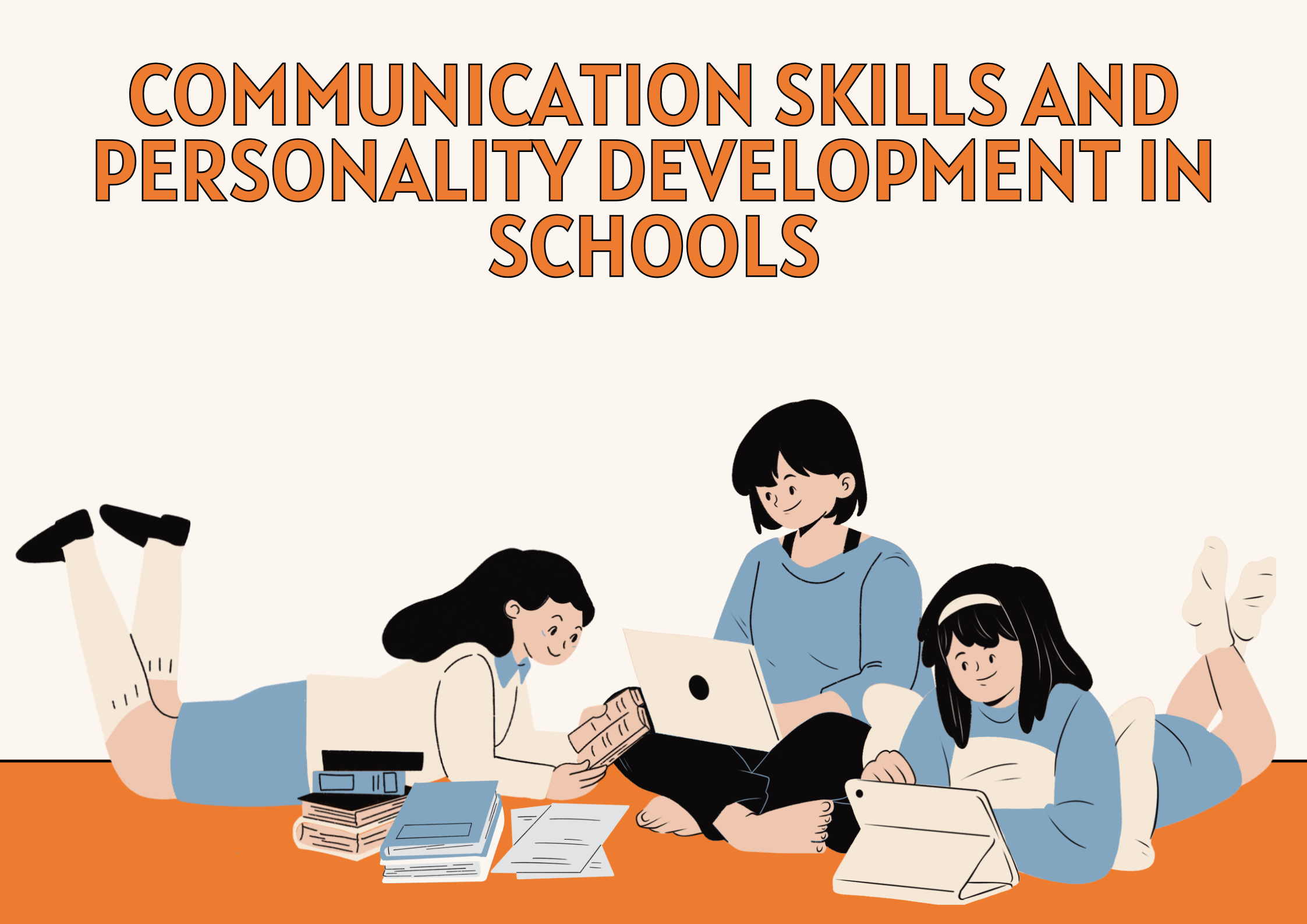Nestled in the picturesque foothills of the Himalayas, Dehradun has carved a niche for itself as a premier education hub in India. Renowned for its salubrious climate and serene beauty, the city boasts a rich tapestry of educational institutions, from historic boarding schools to progressive modern campuses. These schools, consistently ranked among the schools in Dehradun, offer a unique blend of academic rigor, holistic development, and a nurturing environment that fosters lifelong learners.
But what truly defines the essence of education in Dehradun’s leading schools? This article delves into the key philosophies and practices that set these institutions apart, offering valuable insights for parents seeking the ideal learning environment for their children.
Fostering a Love for Learning

Dehradun’s leading schools move beyond rote memorization and standardized tests. They prioritize igniting a passion for learning, where students are active participants in the discovery process. This is often achieved through:
Inquiry-based learning: Students are encouraged to ask questions, explore concepts, and solve problems independently. This approach fosters critical thinking skills, curiosity, and a desire to delve deeper into subjects.
Project-based learning: Students collaborate on projects that allow them to apply their knowledge and skills to real-world scenarios. This not only enhances understanding but also teaches valuable teamwork and communication skills.
Experiential learning: Learning extends beyond the classroom walls through field trips, guest lectures, and community engagement initiatives. This provides students with firsthand experiences that solidify their understanding and broaden their perspectives.
Nurturing the Whole Child
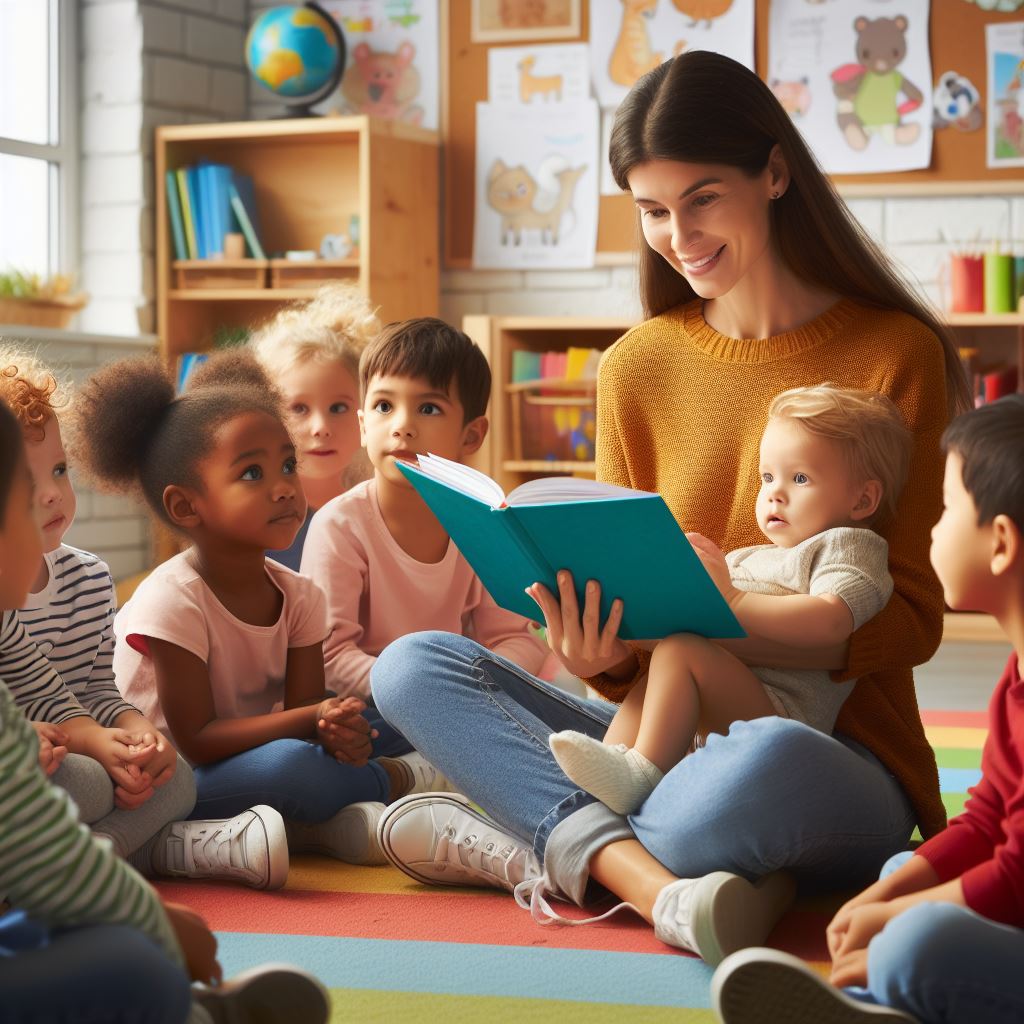
The schools in Dehradun recognize that education encompasses more than just academics. They strive to nurture the whole child, fostering intellectual, social, emotional, and physical development. This is achieved through:
A strong focus on co-curricular activities: Students can explore their talents and interests in a diverse range of fields, including music, dance, theatre, sports, and visual arts. These activities not only provide a healthy outlet for energy but also hone creativity, teamwork, and leadership skills.
Life skills development: The curriculum goes beyond textbooks, equipping students with essential life skills like financial literacy, digital citizenship, and effective communication. These skills prepare them for success beyond the academic arena.
Social and emotional learning (SEL): Schools prioritize creating a safe and supportive environment where students can develop healthy social relationships, manage their emotions, and build self-confidence. SEL programs equip them with the tools to navigate life’s challenges and build meaningful relationships.
Embracing Innovation and Technology
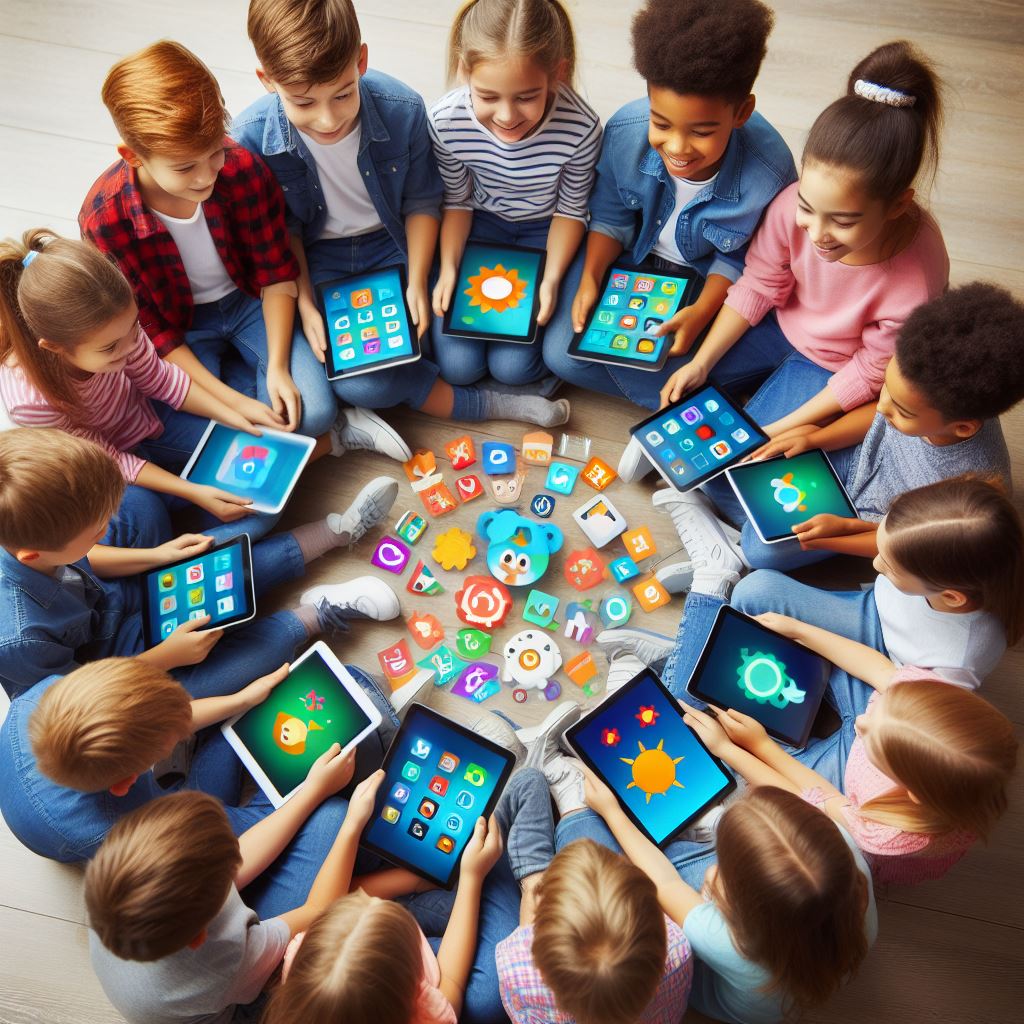
Dehradun’s leading schools are at the forefront of educational innovation. They leverage technology to enhance learning and create engaging experiences for students. This includes:
Interactive whiteboards and digital learning tools: These tools make learning more dynamic and cater to different learning styles.
Online learning platforms: Students can access learning materials and collaborate with peers beyond the boundaries of the classroom.
Technology integration across the curriculum: Technology is not seen as a separate entity but is seamlessly woven into various subjects to enhance understanding and application of knowledge.
Building a Global Perspective
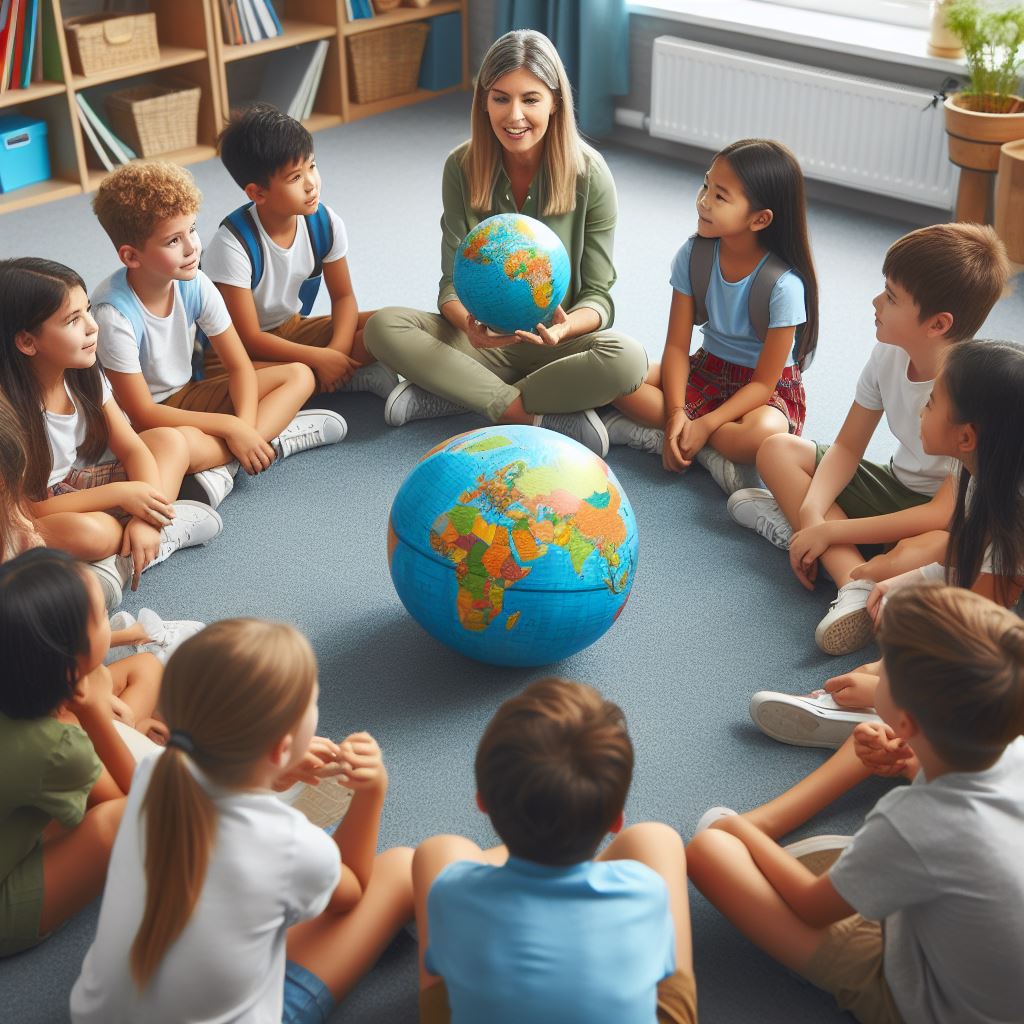
In today’s interconnected world, Dehradun’s leading schools recognize the importance of fostering a global perspective in their students. This is achieved through:
Foreign language instruction: Students gain exposure to different languages and cultures, preparing them to thrive in a globalized world.
Exchange programs and international collaborations: These programs allow students to interact with peers from other countries, fostering intercultural understanding and broadening their worldview.
Integration of global issues into the curriculum: Students are encouraged to think critically about global challenges like climate change and poverty, developing the skills to become responsible global citizens.
Building a Strong School Community
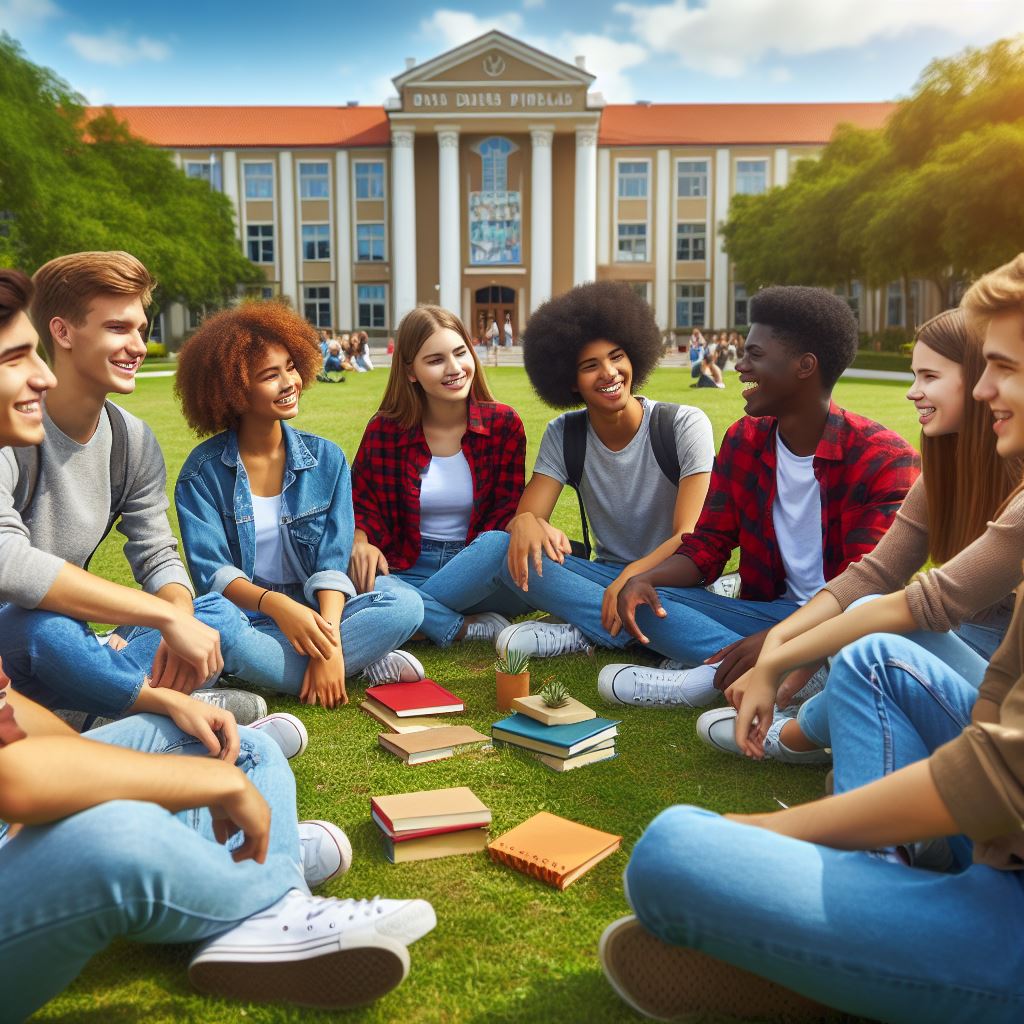
Dehradun’s leading schools understand that education thrives in a supportive and collaborative environment. They foster a strong sense of community through:
Open communication between parents, teachers, and students: Regular communication ensures that everyone is on the same page and working towards the same goals.
Parent involvement: Schools actively encourage parents to be involved in their child’s education, fostering a strong partnership between home and school.
A culture of respect and inclusion: Schools create an environment where all students feel valued, respected, and safe to express themselves. This fosters a sense of belonging and encourages collaboration.
Developing Future-Ready Skills: A Focus on Life Skills and Social-Emotional Learning
Dehradun’s leading schools recognize the importance of equipping students with the necessary skills to navigate the complexities of the 21st century. The curriculum goes beyond traditional subjects, weaving in essential life skills that empower students to become well-rounded individuals.
Financial Literacy: Understanding personal finance, budgeting, and responsible credit management are crucial life skills that pave the way for financial independence in adulthood. Schools can introduce practical financial literacy programs that equip students with the knowledge to make informed financial decisions. This could involve workshops on budgeting, saving, and understanding different financial products, empowering them to manage their finances responsibly in the future.
Digital Citizenship: Living in a digital age necessitates responsible online behavior. Schools can offer programs that teach students about cybersecurity, responsible social media usage, and critical evaluation of online information. Students can learn about online safety measures, responsible communication tactics, and how to discern credible information from unreliable sources in the vast digital landscape.
Effective Communication: The ability to communicate clearly, confidently, and persuasively is vital for success in all aspects of life. Schools can integrate communication skills development throughout the curriculum, with dedicated workshops on public speaking, active listening, and collaboration skills. Through presentations, debates, and group projects, students can hone their communication skills, fostering confidence and the ability to express themselves effectively.
Social-Emotional Learning (SEL): Dehradun’s leading schools prioritize creating a nurturing environment that fosters social-emotional well-being. SEL programs equip students with the tools to manage emotions, build healthy relationships, and navigate social challenges. Developing self-awareness, empathy, and conflict resolution skills empower students to thrive both inside and outside the classroom. Through social-emotional learning programs, students can learn to manage stress, build healthy friendships, and resolve conflicts constructively, fostering emotional intelligence and resilience.
Fostering a Culture of Innovation and Collaboration
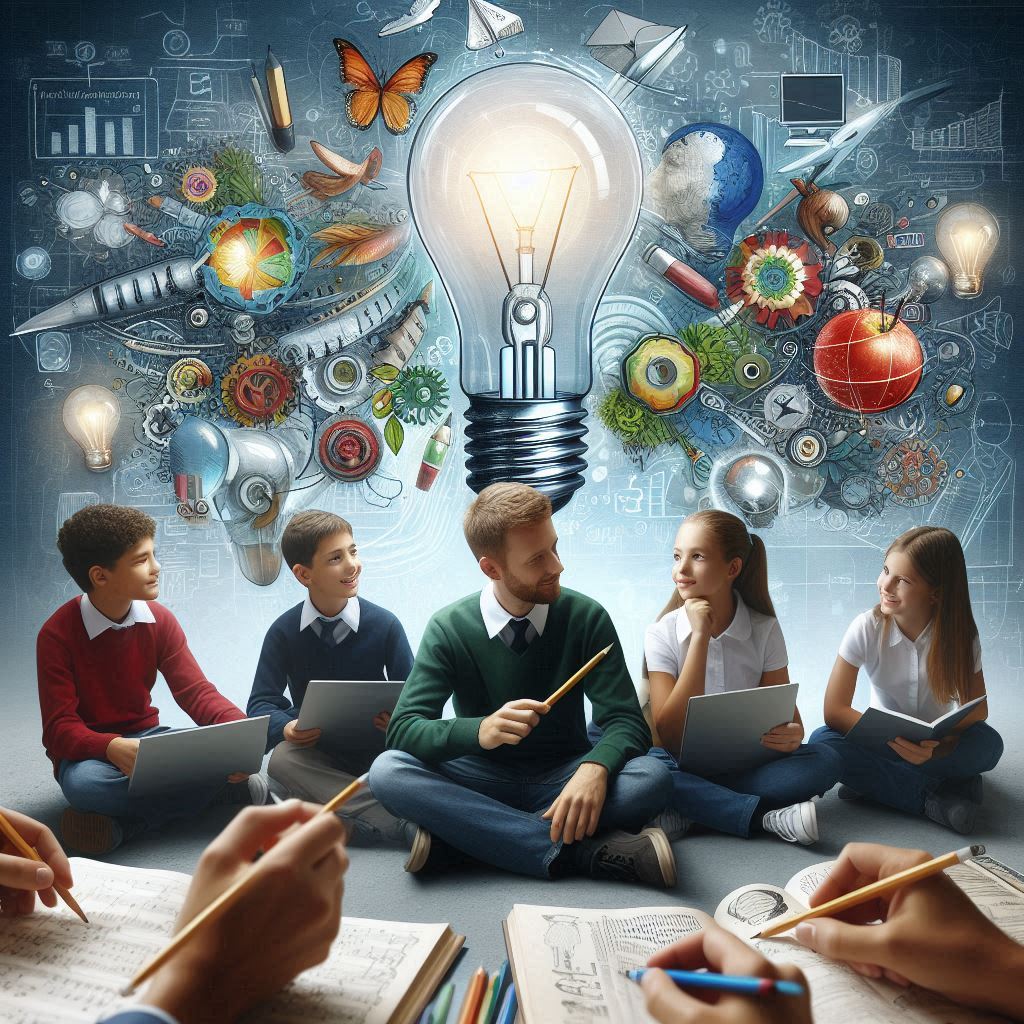
Dehradun’s leading schools are at the forefront of educational innovation. They leverage cutting-edge technology to enhance learning and create an environment that fosters collaboration and critical thinking.
Personalized Learning: Technology allows educators to tailor learning experiences based on individual student needs and learning styles. Adaptive learning platforms and digital tools can be used to provide targeted instruction and differentiated learning opportunities. Imagine a student struggling with a particular math concept receiving personalized instruction and additional practice exercises through a digital learning platform, while another student who grasps the concept can move on to more challenging material.
Blended Learning: Combining traditional classroom instruction with online learning platforms allows for a more flexible and engaging learning experience. Students can access learning materials and collaborate with peers beyond the boundaries of the physical classroom. This could involve online lectures, interactive quizzes, and collaborative projects that allow students to learn at their own pace and connect with classmates virtually, fostering a dynamic learning environment.
Collaborative Learning Projects: Project-based learning, often facilitated through technology platforms, encourages teamwork and problem-solving skills. Students can collaborate on projects that require research, communication, and critical thinking, fostering a sense of shared responsibility and achievement. Imagine a group of students working together on a project about climate change, utilizing online research tools to gather information, collaborating on presentations, and developing solutions for a more sustainable future. This approach not only deepens their understanding of the subject matter but also teaches them valuable teamwork and problem-solving skills.
Building Global Citizens with a Broader Perspective
In today’s interconnected world, Dehradun’s leading schools recognize the importance of instilling a global perspective in their students. This is achieved through several key strategies:
Foreign Language Instruction: Learning a second language fosters intercultural understanding and opens doors to global opportunities. Schools can offer a variety of foreign language programs, from French and Spanish to Mandarin and Arabic. By acquiring proficiency in another language, students gain insights into different cultures, communication styles, and ways of thinking, preparing them to thrive in a globalized world.
Global Citizenship Education: Integrating global issues like climate change, poverty, and sustainable development into the curriculum encourages critical thinking and a sense of global responsibility. Students can explore these challenges from diverse perspectives and develop the skills to become responsible global citizens. This could involve analyzing case studies of international development projects, participating in debates on global issues, or undertaking research projects on topics like renewable energy or sustainable resource management. By engaging with these challenges, students develop a broader understanding of the world and their place within it.
International Exchange Programs: Exchanging experiences with students from other countries fosters intercultural understanding and broadens worldviews. These programs provide opportunities for collaboration, cultural immersion, and lifelong friendships. Imagine students participating in an exchange program with a school in France, where they live with host families, attend classes, and experience French culture firsthand. This immersive experience allows them to break down cultural barriers, develop empathy for different ways of life, and build lasting connections with students from around the world.
Conclusion: Shaping Leaders for a Brighter Tomorrow
Dehradun’s leading schools offer an exceptional educational experience that transcends rote learning and standardized tests. These institutions go beyond academics, prioritizing the development of the whole child – intellectually, socially, emotionally, and physically. By fostering a love for learning, nurturing a global perspective, and embracing innovation, these schools empower students to become lifelong learners, responsible citizens, and future leaders who will shape a brighter tomorrow. Graduates of these schools are not just well-equipped academically but also possess the critical thinking skills, creativity, social awareness, and global perspective needed to thrive in an ever-changing world. They are prepared to become innovators, problem-solvers, and changemakers who will contribute meaningfully to their communities and the world at large.






